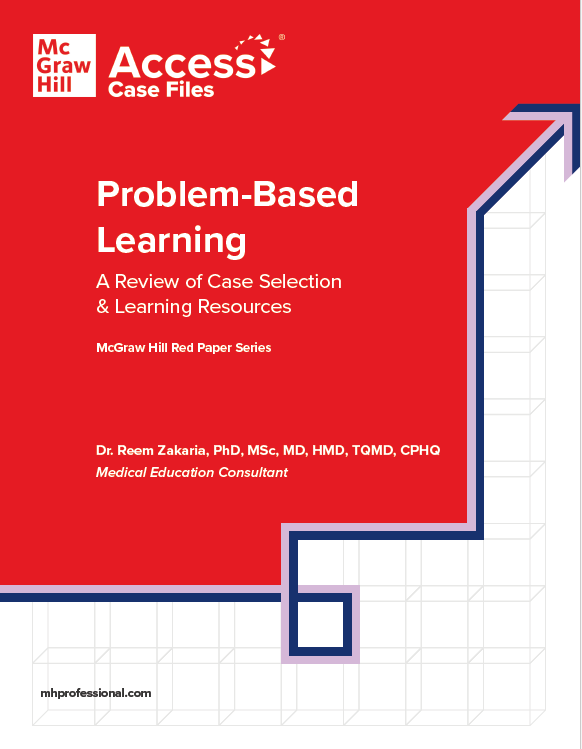The 3 Biggest Challenges of Problem-Based Learning and How to Overcome Them
The 3 Biggest Challenges of Problem-Based Learning and How to Overcome Them
While problem-based learning for medical students is linked to positive outcomes in longer-term learning and the application of knowledge, it can be a demanding pedagogy for faculty members and students alike. Yet with tutor training and careful planning, the challenges of problem-based learning such as lack of time, resources, and student motivation can be minimized or overcome.
Problem-based learning challenges: lack of time
Criticisms sometimes levelled at PBL include that it may be time-consuming, detracting from time available for other subjects yet resulting in less content learned.
However, there is a lot that a teacher can do to ensure that students’ time is well spent. Skilled facilitation of group meetings should keep discussions on track and guide students towards areas for further learning without spoon-feeding the answers.
Students will also have to put in the hours in self-guided learning, but should be rewarded by deeper, long-lasting understanding. Again, tutors must find a balance between guiding students to the right areas for study and allowing them to find their own way.
For faculty members, the preparation of suitable course materials and associated resources can be a lengthy task. It pays to put in the groundwork, beginning by forming a multidisciplinary team to formulate case studies. McGraw Hill’s new Problem-Based Learning guide explains this process in more detail.
Problem-based learning challenges: lack of resources
One of the key challenges of problem-based learning for faculty members lies in creating or selecting suitable case studies. For example, they need to be tailored to students’ prior knowledge, carefully formulated, conducive to group discussion, and linked to relevant learning outcomes.
McGraw Hill provides platforms to support educators at this case study creation stage. More than 6,000 interactive cases covering clinical and basic science subjects along with a rich array of supporting resources including textbooks, multimedia, and podcasts are available through Access.
Students will also need access to supplementary resources to facilitate group work (e.g., whiteboards) and carry out research. In traditional teaching, faculty members point students to relevant texts, whereas in PBL, learners need access to multiple/varied academic resources and journals so they can carry out self-directed learning.
Faculty should also arrange visits, talks and Q&As by experts or people affected by the condition being studied. This provokes student thinking to formulate questions and provides them with insights into their future medical careers.
Problem-based learning is based on adult learning theories, which are designed to motivate students by giving them ownership and accountability over their own study. However, some experts question whether it is right for medical students straight out of school.
Certainly, it is important to tailor the case study to the level of the students, so they do not become overwhelmed or dispirited by the process, and to offer ongoing support and guidance.
Students may also fear that their own grades will be affected by unmotivated fellow students, so it is essential to establish good group dynamics. Faculty members can help students set ground rules for group work and draw up roles and responsibilities for group chairs.
With the right groundwork and tutor support in place, students should find sessions supportive and thought-provoking. Plus, they will be learning skills in teamwork, critical thinking, and self-directed learning that will prove invaluable throughout their studies and their medical careers.
Formulating suitable case studies is perhaps the challenge of problem-based learning that faculty members dread the most! Fortunately, help is at hand in our new guide, Problem Based Learning: A Review of Case Selection & Learning Resources. Download it now to share with your colleagues.


